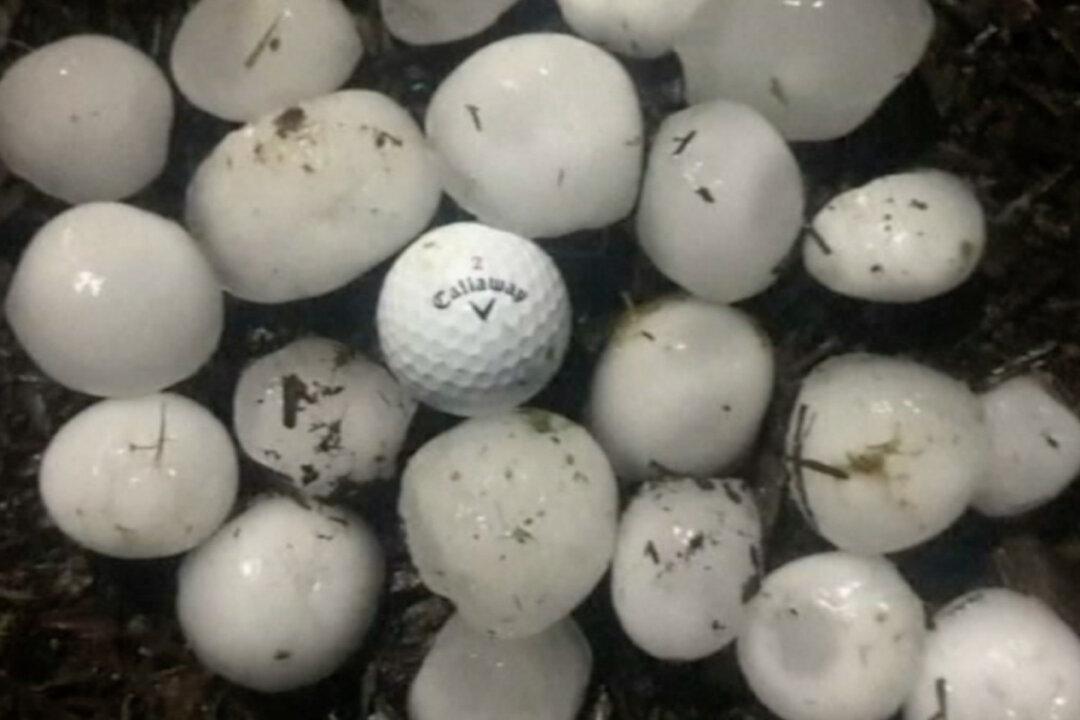Guadalajara had been enjoying a sweaty summer for the past few weeks until the weekend brought a shocking surprise.
The Mexican city woke up Sunday morning to more than 3 feet of ice in some areas after a heavy hailstorm swept through the region.

Guadalajara had been enjoying a sweaty summer for the past few weeks until the weekend brought a shocking surprise.
The Mexican city woke up Sunday morning to more than 3 feet of ice in some areas after a heavy hailstorm swept through the region.